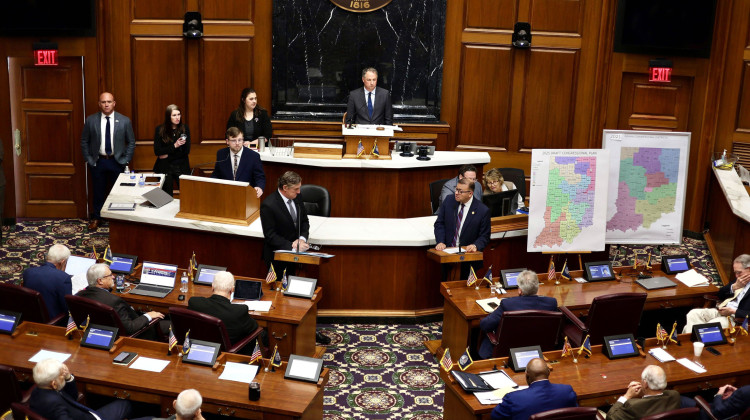A federal appeals court has declined to disturb an Indiana Supreme Court ruling, later codified into Indiana law, which declared that Lake Michigan's shoreline is — and always has been — owned by the state for the public’s use.
In Wednesday's 3-0 decision, the 7th U.S. Circuit Court of Appeals in Chicago said the three lakefront property owners in the town of Porter who claim their holdings include a private beach lack standing to challenge Indiana's high court ruling and statute in federal court, The (Northwest Indiana) Times reported.
Circuit Judge Diane Wood, writing for the federal appeals court, said the property owners failed to establish that their beach property was “taken” by the state because the high court's 2018 ruling clarified that they never owned a private beach on Lake Michigan.
That decision held that Indiana owns — and has since statehood in 1816 — the land under Lake Michigan and the adjacent shoreline up to the ordinary high-water mark.
The Indiana Legislature approved a 2020 law stemming from the court's decision that confirmed the public’s right to use the lake's shoreline for walking, fishing, boating, swimming and other recreational purposes.
That law also specified that private property owners adjacent to Lake Michigan are not entitled to exclusive use of the beach or the water.
Wood wrote that even if the Porter County plaintiffs owned the entire shoreline near their homes, the state officials they sued — including the governor and attorney general — have no authority to convey title to land the state Supreme Court and General Assembly say belongs to the state.
She also noted that a federal appeals court lacks the authority to overrule a state supreme court.
Chris Kieser, an attorney with the Pacific Legal Foundation, the California-based property rights law firm representing the plaintiffs, did not say whether they plan to ask the U.S. Supreme Court to review the decision.
“We are disappointed in the outcome and we are considering our next steps with our clients,” Kieser said.
 DONATE
DONATE







 Support WFYI. We can't do it without you.
Support WFYI. We can't do it without you.